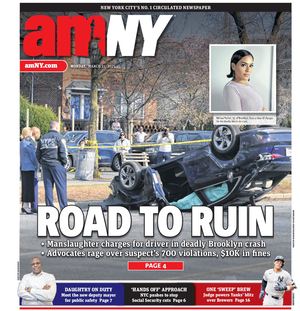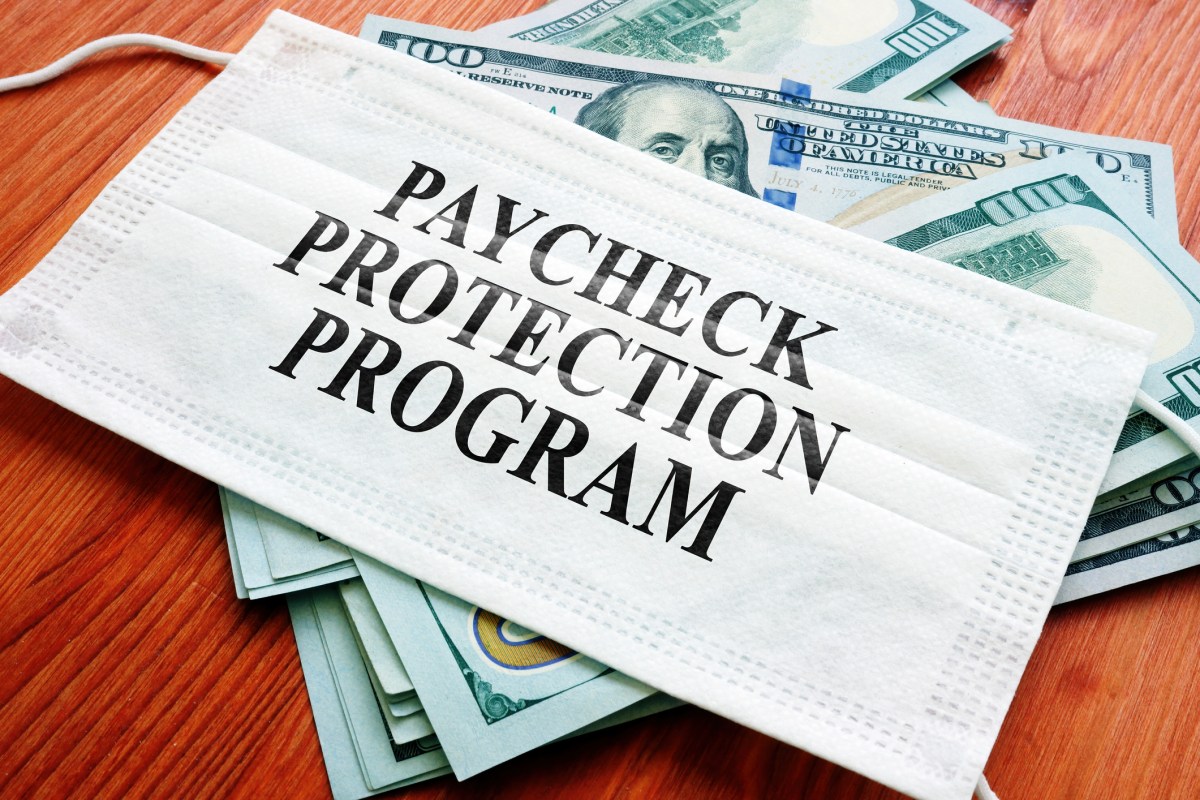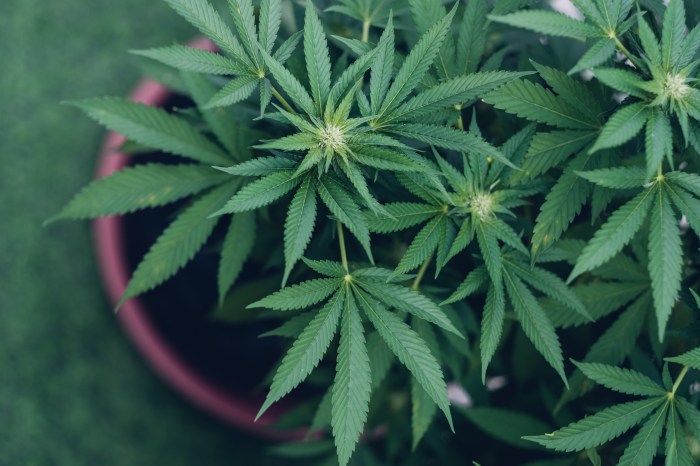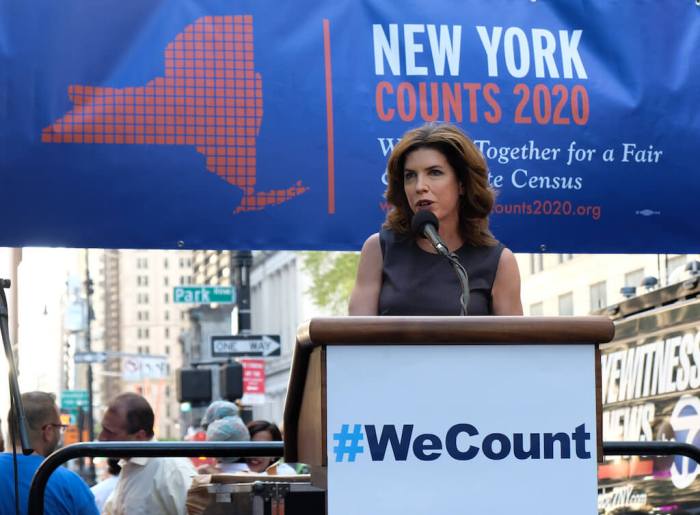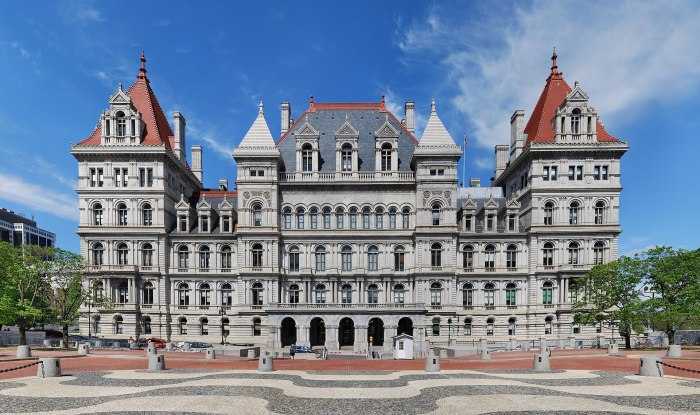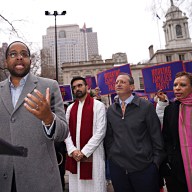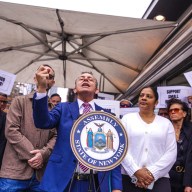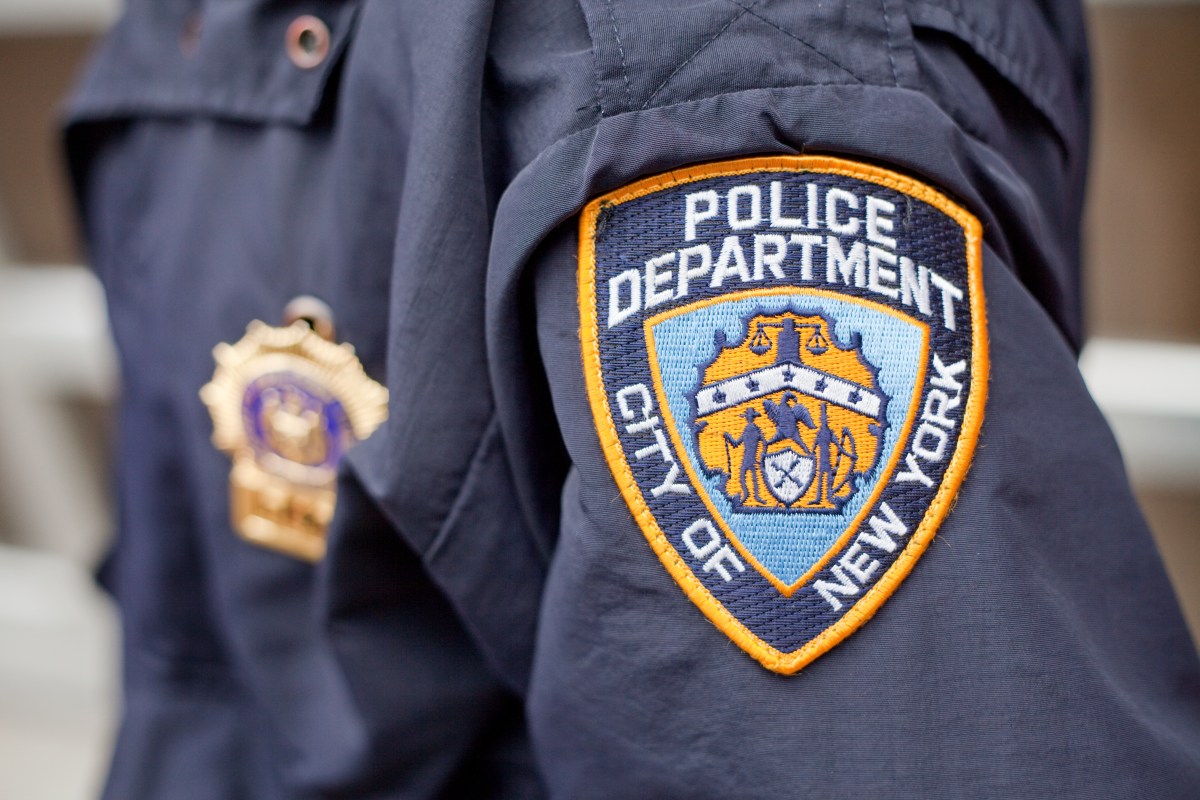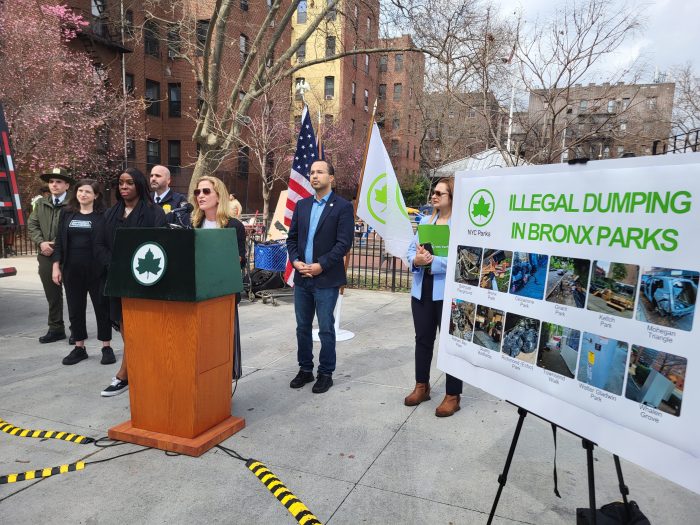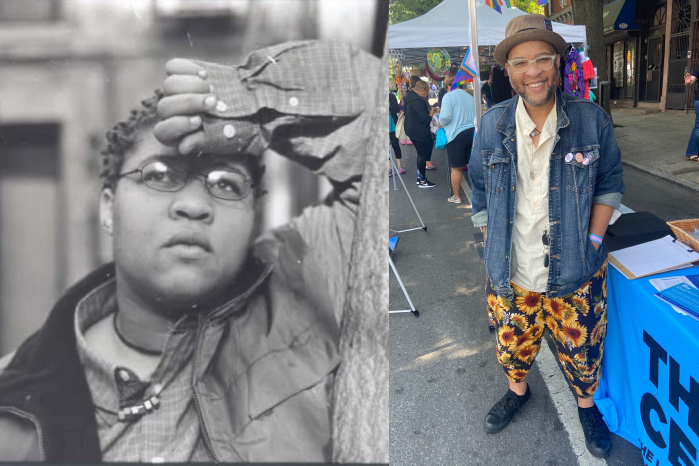The COVID-19 pandemic has had a tremendous impact on minority communities. Not only are people of color more likely to get sick and die from coronavirus, Black workers and businesses are more likely to be feeling the impacts of the economic downturn.
The economy gained about 2.5 million jobs in May, but according to the Bureau of Labor Statistics, black unemployment has increased – 3.3 million Black Americans were unemployed in May, compared to 3.2 million in April, and 1.2 million in January.
Black-owned businesses have been hit hard by the coronavirus, exacerbating long standing financial inequalities. Even before the pandemic, Black-owned businesses were nearly twice as likely to be distressed or at risk as compared to white-owned businesses. Additionally, Black people are underrepresented among business owners; only 4.3 percent of the nation’s 22.2 million businesses are owned by Black people, even though Blacks comprise 12.7 percent of the US population.
The Federal Paycheck Protection Program (PPP) was meant to help small businesses across the board, but many Black and minority-owned businesses have been left behind. The PPP application deadline is June 30. There’s still time for NYC Black and minority-owned business to take advantage of PPP loans that qualify for 100 percent forgiveness if at least 60 percent of the loan is used for payroll costs.
PPP has relied mainly on mainstream financial institutions to deliver loans to small businesses, but these institutions are less likely to provide loans to Black and minority-owned businesses. Fortunately, Community Development Financial Institutions can help.
Large banks approve about 60 percent of loans sought by white small business owners, but only 29 percent of loans sought by Black small business owners, according to 2018 data from the Small Business Credit Survey. As a result, most PPP loans have gone to existing customers at large banks and not to small minority-owned businesses in distressed and underserved communities.
Many small businesses that make up the Main Streets of distressed communities may face challenges when it comes to PPP. This is where CDFIs, Community Development Finance Institutions, can help. In the second round of PPP funding, money has been set aside for CDFIs, including CDFI credit unions, to help minority owned businesses navigate the PPP loan application.
Across the country, credit unions have made almost $625,000,000 in PPP loans to help small minority-owned businesses in underserved communities. Of the PPP loans credit unions have originated so far, nearly 80% have reportedly been for businesses with fewer than 10 employees.
It’s not too late for small businesses to apply for PPP funding, though the June 30 deadline is approaching fast. There is still $130 billion in the Paycheck Protection Program left to be disbursed. If your business needs assistance, you can go to https://www.inclusiv.org/new-york-metro-area-ppp-lenders/ to find a credit union that can help.
If we are to ensure that the pandemic doesn’t worsen the economic inequalities that have existed in this country for generations, we need to support small minority-owned businesses, and their workers. Credit unions will play an important role in ensuring that the economic recovery benefits all Americans.
Cathie Mahon is the President and CEO of Inclusiv, a network of community development credit unions with a mission of financial inclusion.
